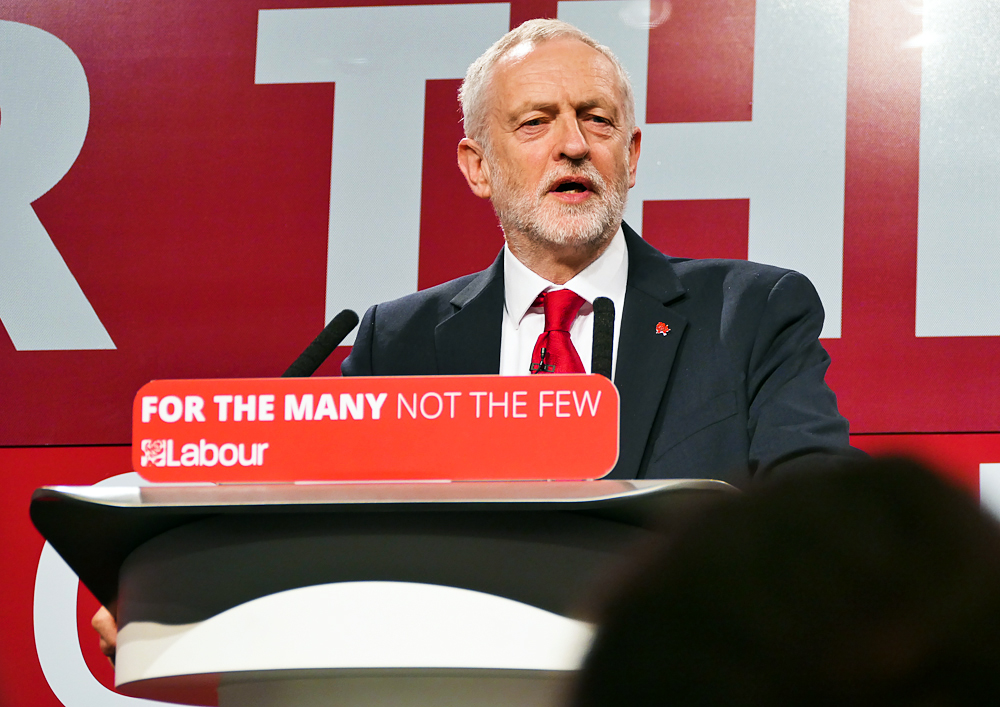By Will Day
With Labour’s proposal to implement a four-day working week, the concept of working less for the same pay has been thrust into the public sphere. For many, it is a relatively alien idea, one that may seem idealistic and unrealistic. If implemented correctly, it could revolutionize our relationship with work.
The concept of a four-day week is one that is often scoffed at. To the doubters, I hear you. I understand your cynicism. It’s so radical it does sound utopian. One can almost imagine its conception: a group sat around a bonfire, someone’s playing the guitar and singing ‘Wonderwall’ (badly), a joint makes its way around the circle, in the smoky haze someone murmurs, “duuude, what if… like… we worked less, but like got paid the same”.
Except this wasn’t a concept invented by a group of teenagers finally forced to work after spending all their parents’ money on hash and cheap cider. It was John Maynard Keynes, one of the twentieth centuries’ most respected and influential economists whom saw the potential for a dramatic shortening of the working week. Keynes, in 1930, predicted that within a few generations, we would be working on average fifteen hours a week. We aren’t getting a fifteen-hour working week anytime soon but next time you hear the four-day week described as “hippie nonsense”, retort back that it is actually based on the ideas of one of the highest regarded economists in recent history.
Britons in full-time occupations work, on average, the third longest week in Europe. Yet, recent studies have shown that, in an eight hour day, we only spend two hours and fifty-three minutes working. The other five hours and seven minutes are spent on social media, reading news articles and eating, amongst other distractions. In short, we are staggeringly unproductive.
Our long working week is doing nothing to improve our output. In France, the average worker is more productive from Monday to Thursday than we are over five days. So much time is being wasted. To work less, we must be more productive.
It is the increase in productivity seen under the four-day week which its champions herald. When Microsoft recently trialed a four-day week in Japan, productivity soared with a 40% increase. Speaking in its admiration, Takuya Hirano, president and CEO of Microsoft Japan stated, “Work a short time, rest well and learn a lot. It’s necessary to have an environment that allows you to feel your purpose in life and make a greater impact at work.” Microsoft’s employees felt similarly positive: when surveyed, 92% claimed they benefitted from a shorter week.
This increase in productivity was by no means an anomaly. When a New Zealand based company, Perpetual Guardian, conducted a similar trial, they too saw the considerable benefits. A 20% rise in productivity meant revenue and profits were unchanged, despite working eight hours less. Perpetual Guardian’s CEO, Andrew Barnes, also spoke glowingly, claiming there was “no downside”.
One could point to this overwhelming positivity as vindication of Labour’s policy. These are not small companies whom only place value on staff wellbeing: profits are paramount. If there was any inclination the trial would have an adverse on business, surely it would not have been conducted, let alone its praises sung.
In fact, there are considerable upsides for employers. According to the Health and Safety Executive, on average, 12.8 million working days are lost every year to stress-related illness, undoubtably affecting revenue. Studies by Perpetual Guardian highlighted an intrinsic link between a healthy work-life balance and a dramatic drop in stress levels. By addressing the harm that a long working week can have on its employees, companies can tackle the loss in revenue stress-related illness cost.
Another potential benefit for employers is savings accrued by less time employees spend at work. Microsoft saw a 23% drop in electricity usage coupled with 59% reduction in the amount of paper printed. These savings may seem small initially but over time employers will reap the benefits.
With the tangible effects of Climate Change now impossible to ignore, it is important to consider how shortening the working week can help reduce carbon emissions. One less day at work means less electricity used, less paper printed, less heating wasted, less cars congesting the roads as people flock to work. Let’s not pretend this will solve the climate crisis but who can’t get on-board with reducing your carbon footprint by having the day off?
The four-day working week is not some Marxian concept that gives employees an extra day off whilst punishing employers with a loss of revenue. It’s about fundamentally changing our relationship with work, being able to harness our productivity instead of existing in a zombie-like state, debilitated by the stress of a seemingly everlasting week. If implemented correctly, it has the potential to galvanize disillusioned employees whilst simultaneously benefitting employers.
I’m not suggesting that a four-day week should be rolled out unanimously overnight, it would take time and may not suit everyone. But, an idea to be scoffed at? Certainly not.
Image credit: Sophie Brown




